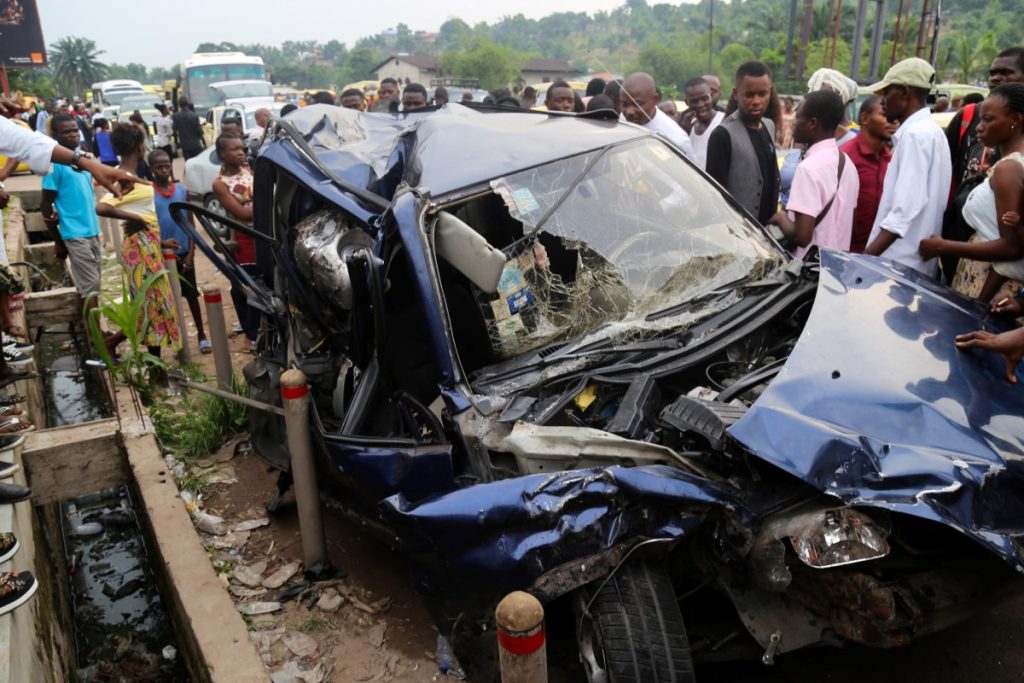Many people are killed in accidents on Nigerian roads every year, making them a dangerous place to travel. There is an urgent need for comprehensive solutions to this public health catastrophe.
There are numerous variables that contribute to Nigeria’s startlingly high rate of traffic accidents. Among the main issues are inadequate road infrastructure, careless driving, and lax enforcement of traffic regulations. Inadequate emergency response services and the widespread use of inferior automobiles further compound the issue.
It will take a multifaceted approach to solve this problem. The first is that road infrastructure investment is desperately needed. Accidents can be greatly decreased by building well-maintained roadways with noticeable signage, sufficient lighting, and pedestrian paths.
Second, traffic laws must be enforced more strictly. In addition to making sure that everyone on the road follows traffic laws, traffic authorities must punish careless drivers severely.

In 2023, Nigeria experienced a total of 5,081 deaths caused by road traffic crashes,according to the Federal Road Safety Corps.
According to Corps Marshal FRSC, Dauda Biu, the figures represented a significant reduction in road crashes, fatalities, and injuries compared to the data recorded in 2022.
Campaigns to raise public awareness can also be quite effective in advancing traffic safety. Accidents can be considerably decreased by educating the public about the risks of careless driving, the value of wearing seatbelts, and the repercussions of drunk driving. Furthermore, enhancing the standard of driver education and licensing can contribute to the development of safer drivers.
Lastly, it’s critical to invest in emergency response services. Effective emergency response systems, skilled paramedics, and well-equipped ambulances can reduce the effects of accidents and save lives.
Nigeria can save many lives and drastically lower the frequency of traffic accidents by putting these measures into place. Prioritising traffic safety and building a safer future for everybody is our shared duty.


